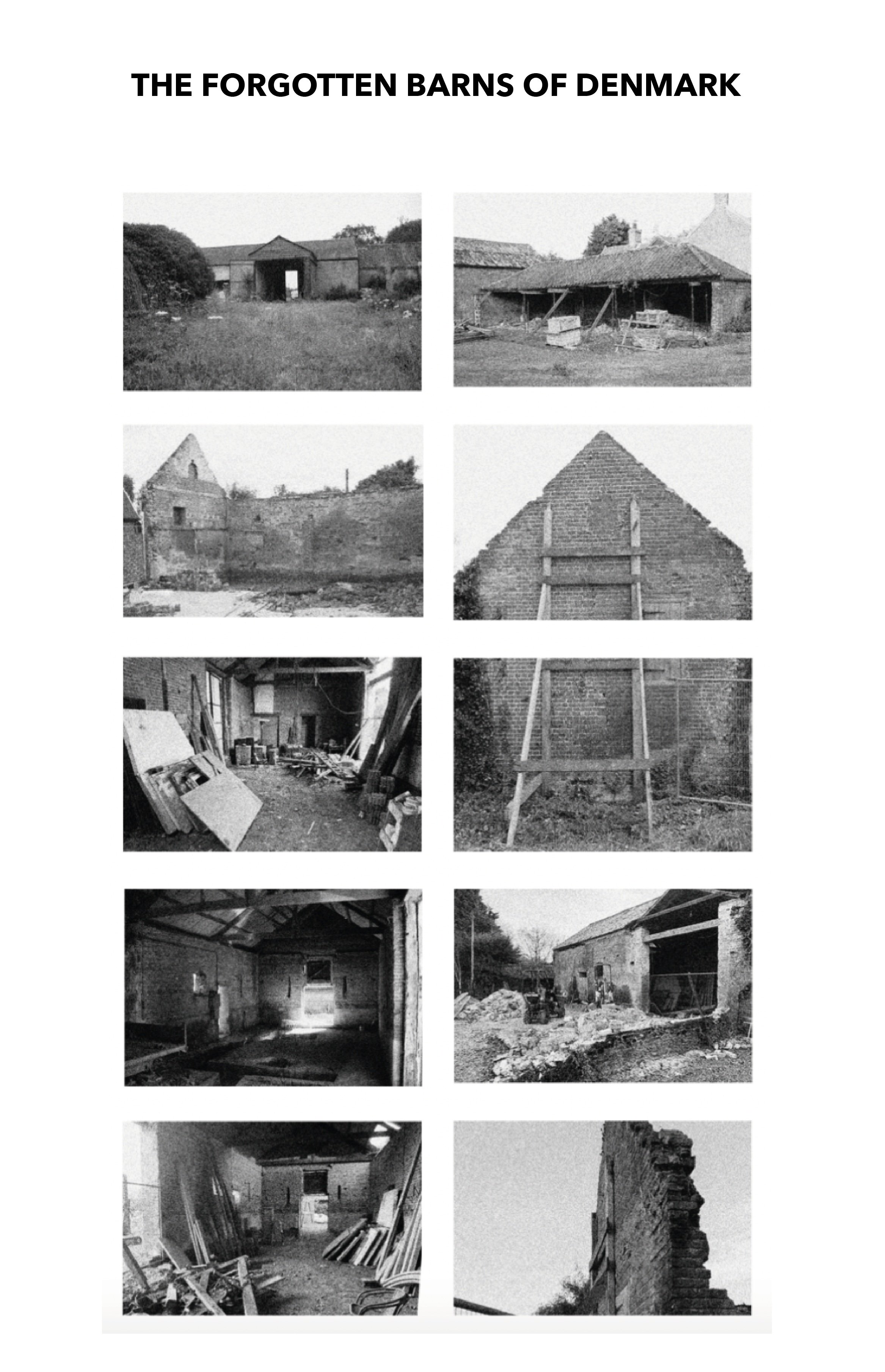BOWLINE at GRASP FESTIVAL 2022
FRIDAY 7TH OCT. 1230 - 1500
“HVAD KOSTER EN GULEROD”
A work group session, in English with plenty of space to speak Danish.
What does a carrot cost? What should a carrot cost? How can asking that simple question help build a more circular and sustainable food system?
Join us to help rethink the circle and to produce more sustainable outcomes. Together we will brainstorm our way through the obstacles confronting the design and implementation of a more cooperative, circular food system that more directly connects production to consumption, farm to fork, and manages along the way to work out logistics that maximize collaboration and minimize waste.
With the Danish pork industry suffering financially year upon year, and the amount of agricultural land decreasing, land for growing fodder crops is reserved whilst land for growing fruit and vegetables has substantially decreased. A clear correlation can be made with the increase in spending on furit and vegetables imported into Denmark annualy. As a result our produce in Denmark is not as fresh and more expensive to purchase.
(Source: Ruben Louis Le Sueur, Architect at Gehl)
Flipping the pANEL
The way we produce and consume food impacts not only the natural environment, but also the built environment around us—farms, kitchens, restaurants, roads, and urban/rural spaces. In a circular manner, all this stuff we build also shapes and influences what we eat, how much it costs, and how much we waste along the way from farm to kitchen to table to bin and back again.
In the time we have together at GRASP, we want to flip the traditional panel/debate format to leverage the collective wisdom, creativity, and experience in the room, so come ready to jump in and participate rather than just listen to a few select experts. We will work together and in small groups to explore the following question:
What does a carrot cost? What should a carrot cost? How can asking that simple question help build a more circular and sustainable food system? How can your own experience and actions help achieve that goal?
We intend to build connections and promote dialogue and exchange between farmers, restaurateurs, architects, researchers, students, and a variety of other stakeholders in the food system. The format will encourage all participants to contribute on an equal footing and to openly share information and ideas with each other in a manner that promotes collaborative learning and real change.
Danish regulations have stated that if an agricultural building is older than 100 years old, it may no longer house livestock. This is a particular concern as many of these buildings are historically protected. This equates to approximately 1/7th of all agricultural buildings in Denmark. However with no use for them there is no financial gain for the farmer to repair these structures. In turn many of these barns are slowly crumbling.
(Source: Ruben Louis Le Sueur, Architect at Gehl)
THE WE
The “we” behind this workshop consists of several different fellow travelers connected to the Danish culinary industry and local food system in different ways:
BOWLINE is a group of chefs, restaurant owners, and researchers from Copenhagen Business School and Copenhagen University who seek to strengthen ties among industry members, forge new ties with other sectors, share knowledge, and respond to the future challenges facing the restaurant industry—in a collaborative and constructive manner. Feel free to explore this page.
GEHL is an urban design and research consultancy offering expertise in the fields of architecture, urban design, landscape architecture, and city planning. We address global trends with a people-focused approach, utilizing empirical analysis to understand how the built environment can promote well-being. In recent years, Gehl has been increasing its attention upon foodscapes, using their people centered approach to observe and propose alternatives to the spatial relationship between public life and places of food consumption, both upon a strategic and local scale. By altering the built environment to positively influence people’s everyday choices, Gehl’s ambition is for the easy choice to be the healthy choice. Gehl has applied this approach around the world, from the UK to Cambodia and the US.
The FoodSHIFT2030 project is leading an ambitious citizen-driven transition of the European food system towards a low carbon, circular future, including a shift to less meat and more plant-based diets.
FALSTERS KYST operates four foodspaces on the northeast section of the island of Falster, stretching from the woods and beaches of the Corselitze Manor to the nearby harbor of Hesnæs and town of Stubbekøbing. With restaurants, bakeries, pastries, bars, delis, event spaces, and food production and farming, we combine the whole value- and production chain from farm to fork under one umbrella. The ambition of Falsters Kyst is to serve as a test- and role model for how we can farm our land for the local market and provide quality produce for both restaurants and retail according to a business and financial model that is beneficial to to the environment, to the local community, and to humankind more generally.
HEGNSHOLT is an organic farm designed to cultivate the well-being of animals, people, local communities, biodiversity, and the climate--and to provide a model for how small scale production is practically and economically possible.


